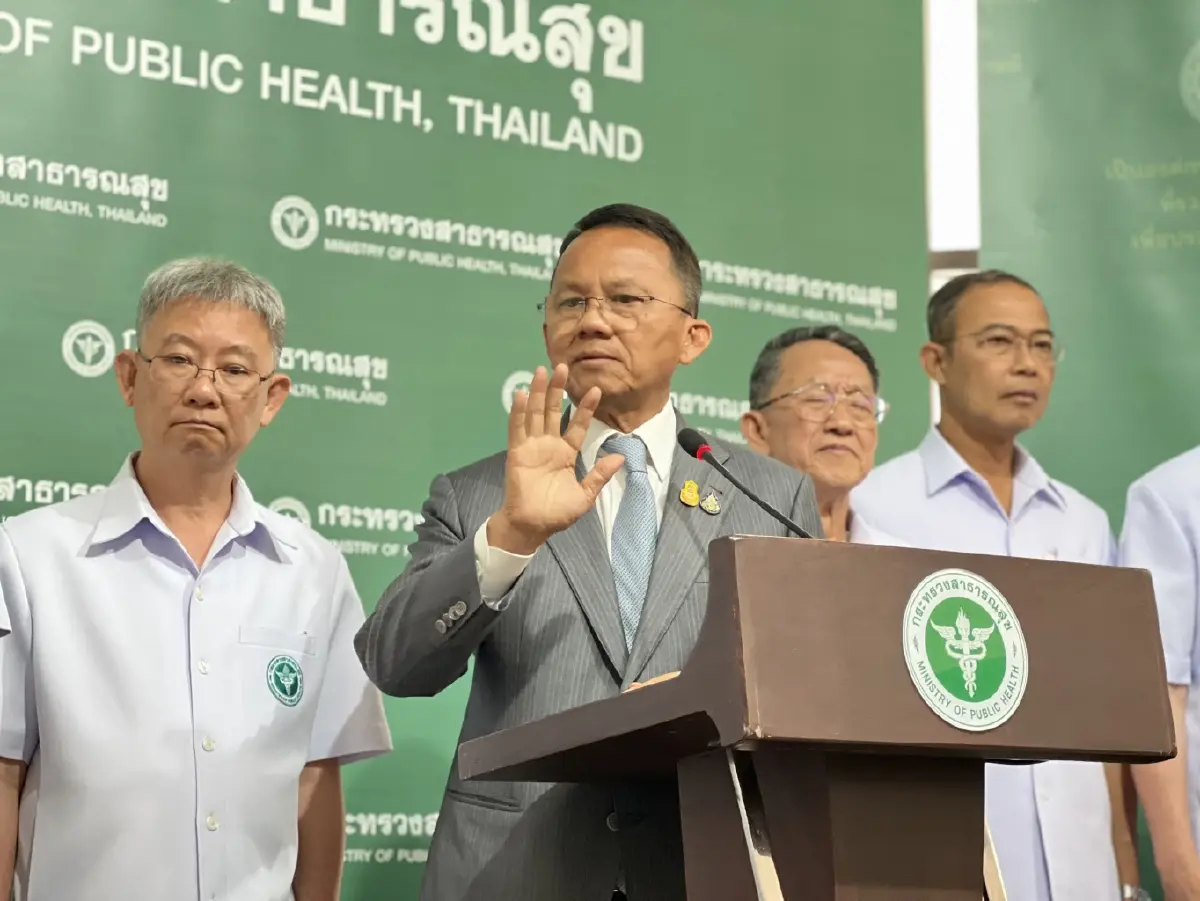Thailand’s health minister proposes change to amphetamine law

Public Health Minister Somsak Thepsuthin has announced a significant shift in Thailand’s drug policy. He expressed his intention to reduce the minimum amount of amphetamine tablets that would classify possession as a criminal act. Currently, the law considers possession of five or more tablets as a crime, a reduction from the previous threshold of 15, implemented last year.
Speaking to the press following his initial executive board meeting since his recent appointment, Somsak outlined his primary focus on combating the narcotics issue. His proposed amendment to the rules related to amphetamine possession seeks to align them closely with the National Narcotics Act. This Act stipulates that only a small amount is considered for personal use.
“The definition of a ‘small amount’ needs to be made clear by all stakeholders.”
Somsak emphasised, also declaring that the ministry will establish clear policies for both amphetamines and cannabis.
The current practice treats individuals found with less than five tablets as patients, offering them the chance for rehabilitation. This policy provides a level of flexibility for users, as police have raised concerns about prisons potentially reaching overcapacity if possession of merely one or two tablets were deemed a crime warranting prosecution.
To address related challenges, Somsak announced the ministry’s intention to work hand in hand with drug suppression agencies, focusing on the provision of appropriate medical treatment and rehabilitation.
Furthermore, legal action will be enforced against any patient attempting to escape from their rehabilitation. It has been noted that approximately one in five patients involved in drug-related cases abscond before completing their state-issued treatment, reported Bangkok Post.
On the topic of cannabis use, Somsak expressed the need for more public opinion before deciding whether to re-list the plant as a narcotic, albeit with limited exceptions for medicinal use. He did not comment on whether future cannabis use would necessitate a doctor’s prescription, stating only that the matter would be discussed.
Latest Thailand News
Follow The Thaiger on Google News:


























